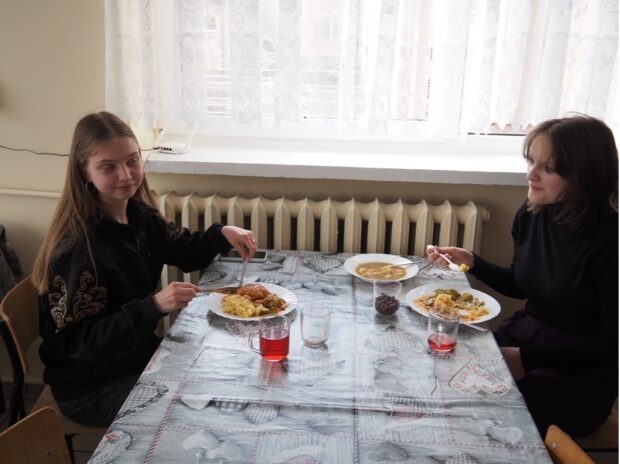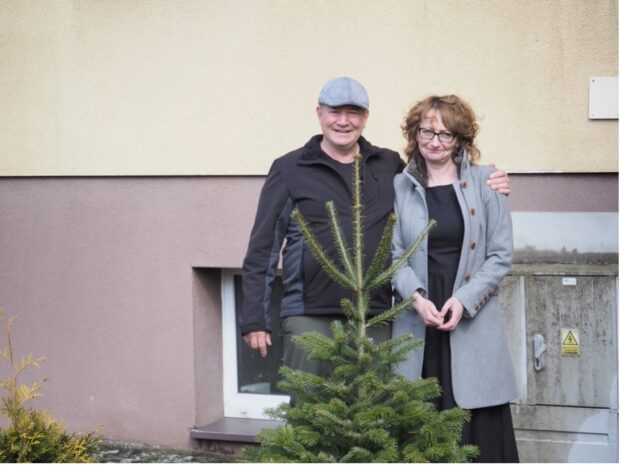COVID-19 and all the pain and setbacks it caused families, children and educators over the last two years seems to be finally coming to an end in the United States. Unfortunately, in Poland where I am writing this, COVID has been followed by a brutal and senseless war in neighboring Ukraine.
Putin’s war has sent a flood of refugees – mostly women and children – to the West. The Economist reports that “at least a quarter of Ukraine’s 7.5 million children have left the country since the conflict started in February.” Neighboring Poland has taken in the most refugees. The Polish Minister of Education “has warned that Poland could eventually have to find room for 700,000 new pupils. That would mean expanding its school system by 14%.” All of this on the heels of the pandemic that killed an estimated 115,000 Poles.
I have been visiting schools in Poland that are taking in Ukrainian students, most of whom do not speak Polish. One high school I spent time at (Liceum Ogólnokształcące), in Bialy Bor in northern Poland, was established in 1990 for Ukrainian students whose parents wanted them educated in Poland. All of its students have been directly impacted by the war. A significant number of new students have come to the school in recent weeks as refugees; while others have had their brothers and fathers leave Poland to go fight in Ukraine. According to the school’s director, 30-year veteran educator Dorota Stefańska-Drzewiecka, the school is doing the best that it can to serve its influx of students. The local Ukrainian Orthodox church has taken in 30 mothers with young children.

The high school, which has a boarding component, now enrolls a third more students than it did two months ago. It is overcrowded. Small bedrooms that were meant for two or three students are now sleeping five. Stefańska-Drzewiecka lauds her teachers and staff and their commitment to all students and says the local community has stepped up in many ways to help. But, the government has promised money that has been slow in arriving. In fairness to the Polish government, however, the European Union has promised the Poles support that has also been slow in materializing.
The toughest job for director Stefańska-Drzewiecka and her teachers is when they have to take a student out of class and share that one of their loved ones back home has been hurt or killed. The distance from home for the students makes all of this harder. Stefańska-Drzewiecka shared that more than once students and teachers alike have broken down and become paralyzed with grief. The school has access to trained psychologists to help with the emotional needs of their students, but like with everything else, there is more need than supply.

There is hope the war will come to an end soon, but most of the people I have spoken with in Poland think this is going to be a long struggle and that things are apt to get worse before they get better. Just like with COVID, this uncertainty makes planning for educators, families and students nearly impossible. No one knows when they might get to go home or when, and if, they will ever see the people they love again.
One thing from COVID that is making all of this a little bit easier is the comfort of older students in using online learning platforms. This has allowed students who don’t speak Polish to take language courses online to speed up their language acquisition. It will also allow Ukrainian students who were set to graduate from their homeland high school in 2022 to complete their course requirements and exams online with educators still working in Ukraine.
These young men and women from Ukraine are earning their high school diplomas while having lived through a global pandemic and the most violent war in Europe since World War II.
Note: if you want to help Ukrainian students in Poland. Please see: https://pomagam.pl/en/innabajka There is a serious shortage of educational materials for Ukrainian students and your donation can help make a real difference.
